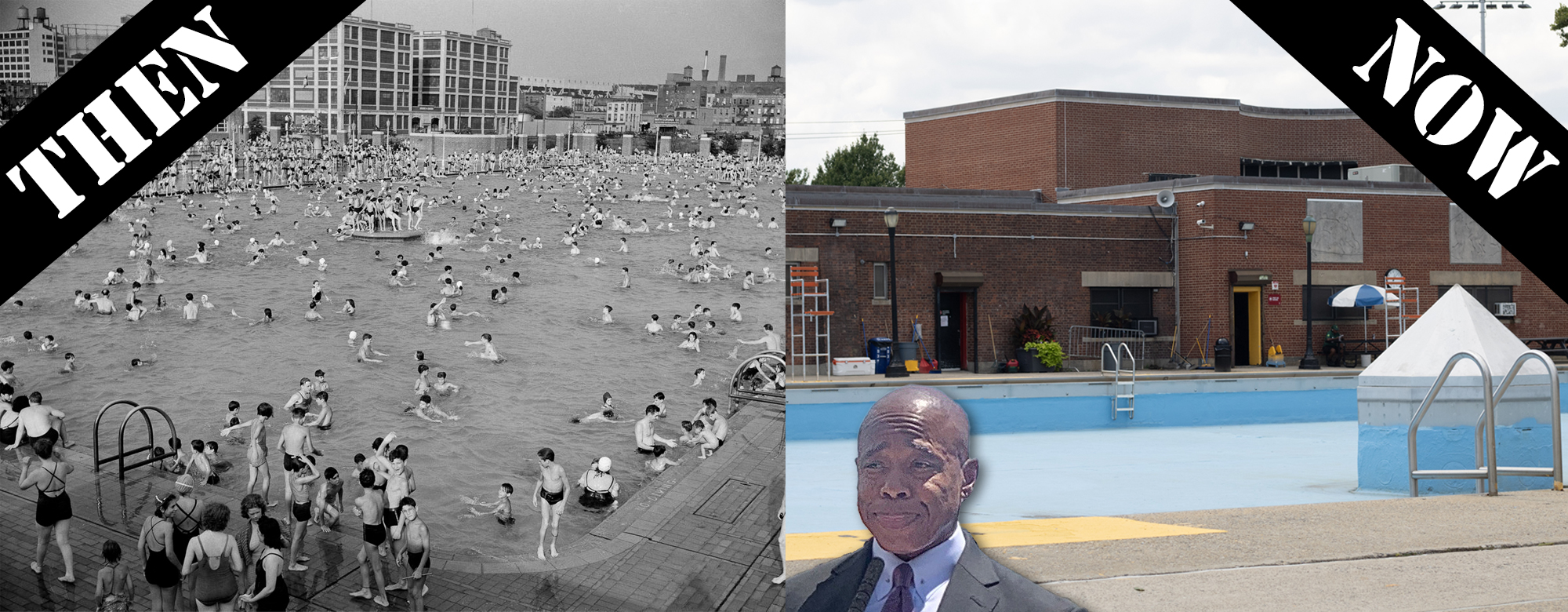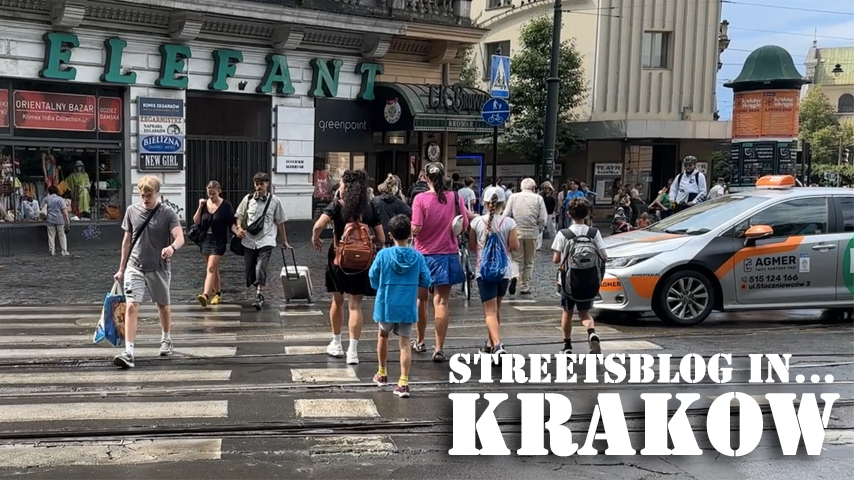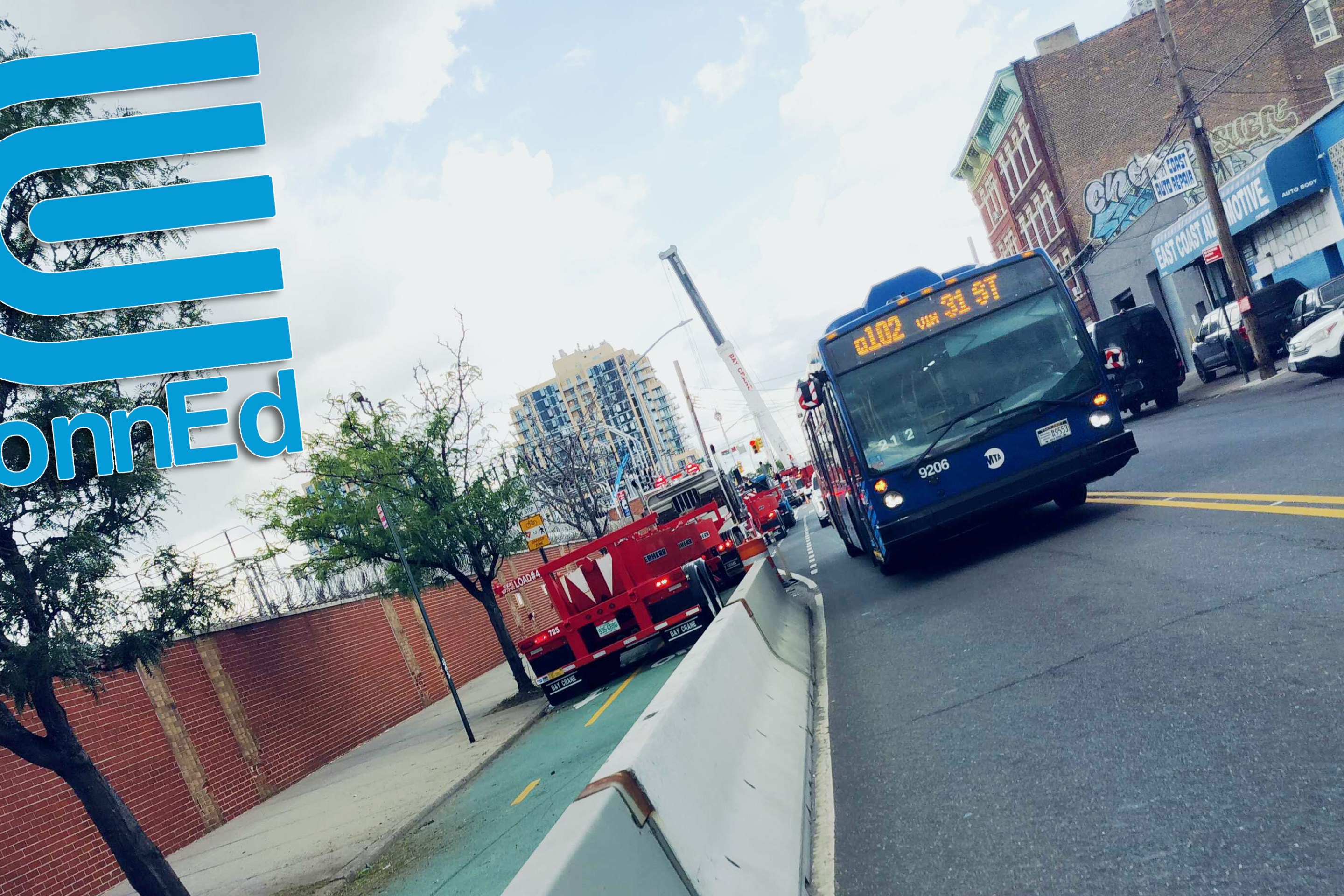
If you remove a bunch of parking from the center of a city, you'll get carmageddon, financial ruin, and the complete unraveling of society as we know it -- right? That's what you tend to hear at public meetings when a proposal that would reduce parking comes up, but as this real-life example from Philadelphia shows, there's really nothing to fear.
Jon Geeting at Plan Philly reports that the city has steadily reduced the supply of parking in public lots while adding more buildings, but the public parking spots that remain aren't in higher demand:
The Center City development boom reduced the number of public parking spaces by 7.2 percent between 2010 and 2015, according to the Planning Commission's 2015 update to the Center City Parking Inventory.
The inventory, which the Commission updates every five years, found that about 3,623 off-street public parking spaces disappeared during this period as several lots and garages were replaced by high-rise buildings. A "public" space in this sense is one than anyone can rent, as opposed to a private space that's exclusive to building tenants or employees.
One might guess that losing more than 3,600 parking spaces in a five year span would drive up occupancy rates in the remaining lots and garages, but on the whole this hasn't been the case. Counterintuitively, parking occupancy actually declined by 1.7 percent during this period, from 75.6 percent down to 73.9 percent. Parking occupancy peaked at 77.7 percent in 2005, so this is part of a 10-year decline.
Part of what's happening, Geeting explains, is that people are driving less in central Philly thanks to former mayor Mike Nutter's initiatives to improve transit, biking, and walking. Some public parking lots are also getting "replaced" by private spaces attached to the new buildings. But the very elimination of public parking spaces is probably playing a role too:
The idea that building more parking capacity will only increase the number of cars in a neighborhood, or conversely, that removing parking spaces can reduce the number of cars often gets short shrift at neighborhood zoning meetings, but the evidence here suggests this is basically how things work.
When parking lots go away, parking conditions tighten, driving becomes more unpleasant, and some people respond to this by ditching their cars. Rather than enduring permanent traffic jam conditions, neighborhoods simply level down to a new equilibrium with fewer parking spaces, fewer cars, and higher "alternative" mode share as parking gets tighter.
Elsewhere on the Network today: The Transport Politic maps the American transit expansions that will start service or begin construction this year. Streets.mn reports that four suburbs in the Twin Cities that lack transit are beginning an experiment in suburb-to-suburb express bus service. And Bike Walk Lee says it's past time for Florida to toughen its laws against dangerous driving.





